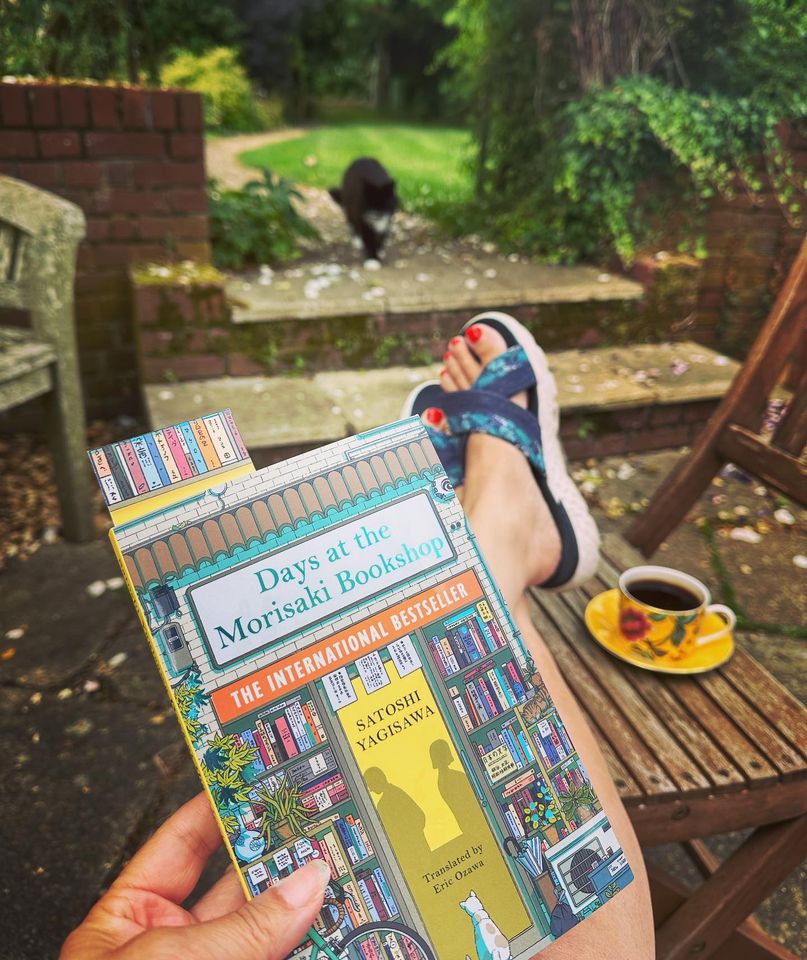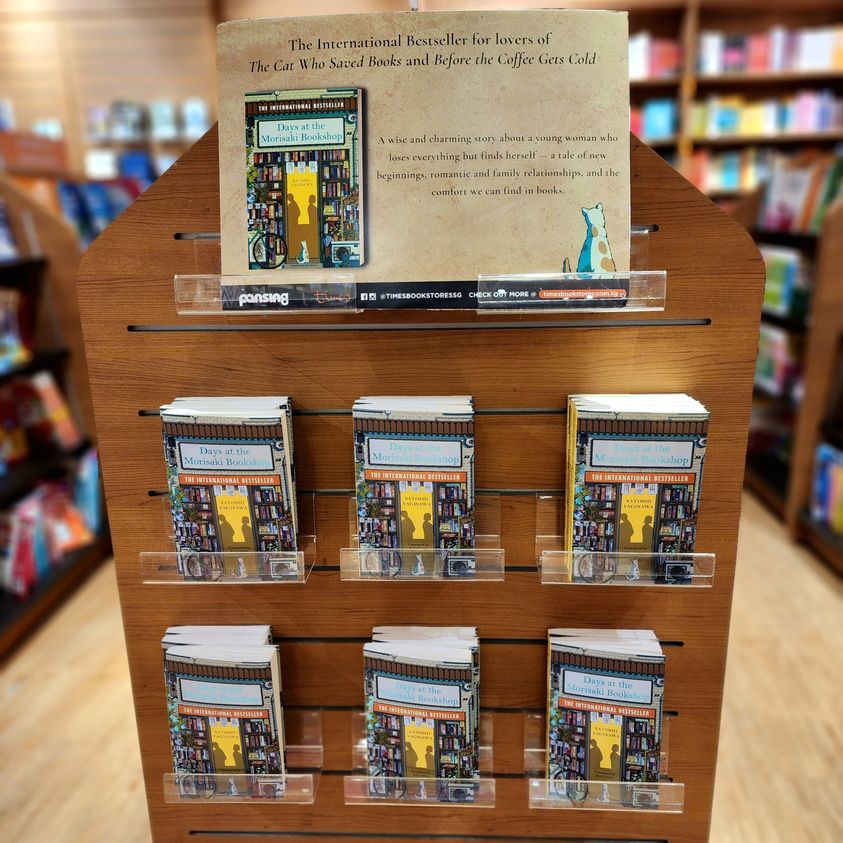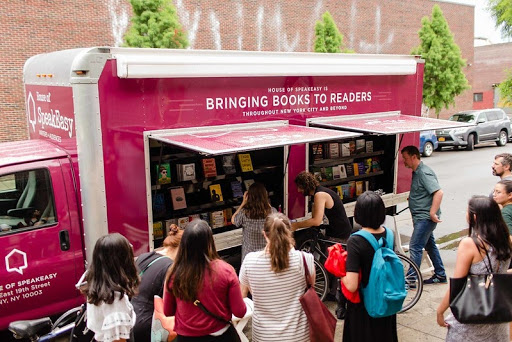 Coinciding with Banned Books Week, which begins this Sunday, October 1, the New Republic will launch the Banned Books Tour 2023, aimed at "championing the First Amendment and combating censorship." The bookmobile, a symbol of literary liberation, will visit states that have experienced some of the highest incidences of book censorship, including Texas, Florida, Missouri, Virginia, and Pennsylvania, and continue to operate through the month of October.
Coinciding with Banned Books Week, which begins this Sunday, October 1, the New Republic will launch the Banned Books Tour 2023, aimed at "championing the First Amendment and combating censorship." The bookmobile, a symbol of literary liberation, will visit states that have experienced some of the highest incidences of book censorship, including Texas, Florida, Missouri, Virginia, and Pennsylvania, and continue to operate through the month of October.
The tour will start at the Brooklyn Book Festival this weekend, where, in partnership with House of SpeakEasy, the New Republic will accept book and financial donations at the SpeakEasy Bookmobile. All literature may be donated, with a preference for banned and challenged books. These books will be given away in communities on the tour where access has been restricted or limited.
Partners for the tour include the American Federation of Teachers/Real Solutions for Kids and Communities and the African American Policy Forum. The tour is supported by contributions from novelist Nora Roberts (she writes about how important the freedom to read is below) and produced by Inspira Marketing.
"Launching a book festival on wheels is a huge new undertaking for us, and I can't wait to hit the road to support the importance of reading, New Republic CEO and publisher Michael Caruso said. "It's even more exciting that we can embark in time to support ALA's Banned Books Week. The New Republic has been a leading defender of the First Amendment for over a century, and this is a new way to give people the tools to join the fight for the freedom to read."
Amanda Foreman, co-founder of the House of SpeakEasy, said, "House of SpeakEasy believes that book ownership is a right not a privilege and access to literature should not be restricted. Since we launched it 2017, the SpeakEasy Bookmobile has visited over two dozen towns and cities across 15 states. We are thrilled with the opportunity to play a role in the 2023 Banned Books Tour."
---
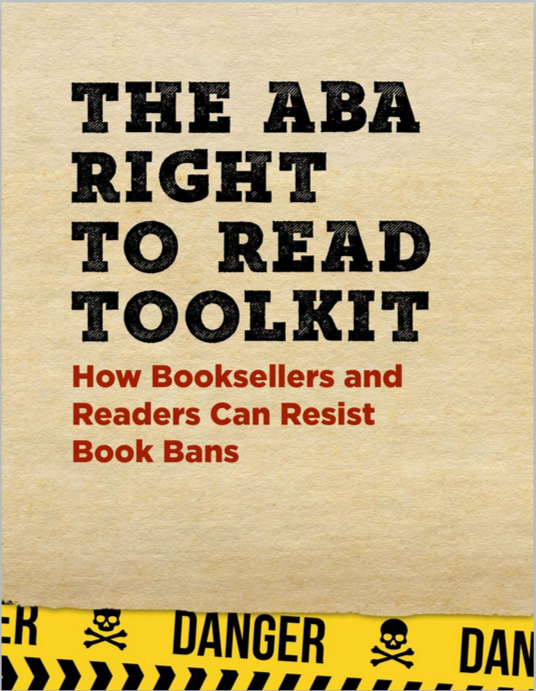 The American Booksellers Association is offering the ABA Right to Read Toolkit: How Booksellers and Readers Can Resist Book Bans, which is full of how-to advice, resources, and case studies to help booksellers (and others) deal with challenges in their day-to-day work. The kit is designed to be easily navigated, so users can read it in full or skip to the sections they need.
The American Booksellers Association is offering the ABA Right to Read Toolkit: How Booksellers and Readers Can Resist Book Bans, which is full of how-to advice, resources, and case studies to help booksellers (and others) deal with challenges in their day-to-day work. The kit is designed to be easily navigated, so users can read it in full or skip to the sections they need.
In a kind of magazine format, the 56-page ToolKit features profiles and commentary by a range of booksellers and others--including Mitchell Kaplan of Books & Books in southern Florida, Ramunda Young, co-owner of MahoganyBooks, Washington, D.C., and National Harbor, Md., former Rep. Steve Israel, owner of Theodore's Books, Oyster Bay, N.Y.--about dealing with various aspects of book bannings, censorship, and in-store "book challenges." Included are a sample of an op-ed that could be sent to local media, suggestions on how to contact government officials, attend a school board meeting, and hold a secure event, a chart about what ABA is doing to fight book bannings, and more.
---
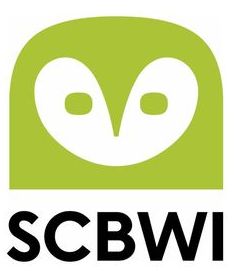 As part of Banned Books Week, the Society of Children's Book Writers and Illustrators is hosting a digital workshop called "Free People Read Freely: How Children's Book Creatives Can Fight Book Banning" on Thursday, October 5 at 7 p.m. Eastern on Zoom. Free and open to the public, the workshop will feature Joyce McIntosh, assistant program director for the Freedom to Read Foundation, which is dedicated to First Amendment education, litigation, and advocacy. McIntosh will discuss ways creators of books for children, teens, and young adults can address the current surge in challenges to books for young people.
As part of Banned Books Week, the Society of Children's Book Writers and Illustrators is hosting a digital workshop called "Free People Read Freely: How Children's Book Creatives Can Fight Book Banning" on Thursday, October 5 at 7 p.m. Eastern on Zoom. Free and open to the public, the workshop will feature Joyce McIntosh, assistant program director for the Freedom to Read Foundation, which is dedicated to First Amendment education, litigation, and advocacy. McIntosh will discuss ways creators of books for children, teens, and young adults can address the current surge in challenges to books for young people.
Sarah Baker, executive director of SCBWI, commented, "Book banning is nothing new. But all of us at SCBWI are increasingly disturbed by the ferocity and sophistication of this current wave of book banning and censorship. I'm pleased to welcome Joyce McIntosh to the event 'Free People Read Freely: How Children's Book Creatives Can Fight Book Banning,' where our 21,000-plus members and the wider children's book community can learn about the current state of book banning and acquire the tools they need to fight back. Young readers deserve nothing less."
To register, click here.
---
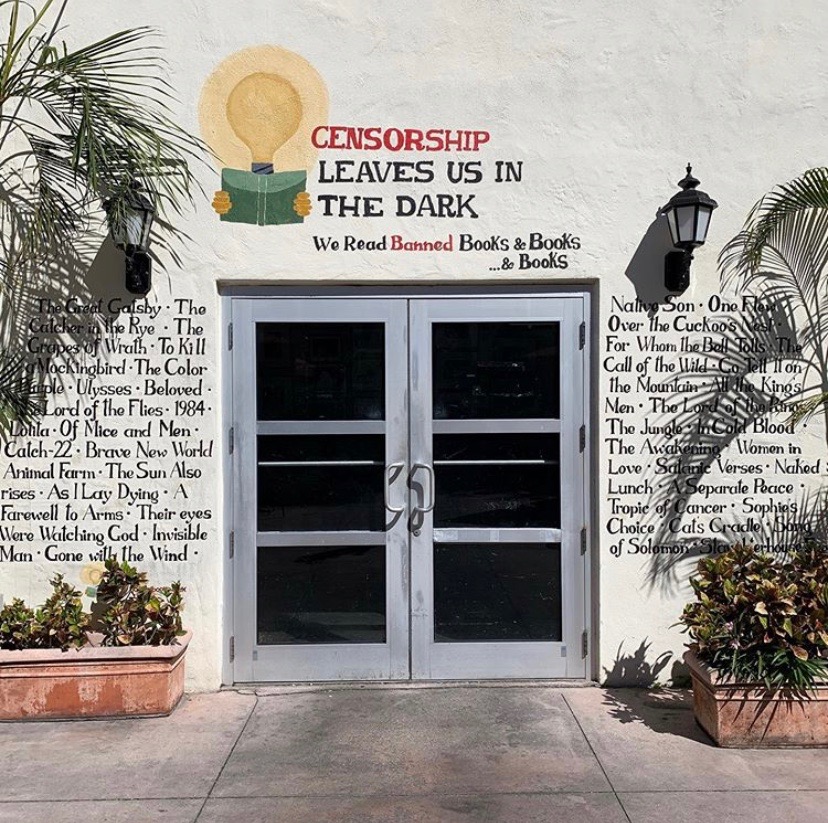 At noon this Sunday, October 1, the FREADOM Coalition is inviting the Miami, Fla., community to join in a Walk for FREADOM. Participants will meet at the Sanctuary of Banned Books at the Coral Gables Congregational Church in Coral Gables and then walk to the flagship Books & Books location in Coral Gables. The walk aims to show support for "books--words, reading & learning, information and knowledge."
At noon this Sunday, October 1, the FREADOM Coalition is inviting the Miami, Fla., community to join in a Walk for FREADOM. Participants will meet at the Sanctuary of Banned Books at the Coral Gables Congregational Church in Coral Gables and then walk to the flagship Books & Books location in Coral Gables. The walk aims to show support for "books--words, reading & learning, information and knowledge."
Books & Books will continue to mark Banned Books Week with a variety of events, including:
Monday: Comedy featuring sketches, stories and jokes by comics whose work has been censored (hosted by Villain Theatre)
Tuesday: Game Night, which includes Banned Book Trivia Night and Banned Book Bingo Night
Wednesday: Brad Meltzer, banned book author of I Am Billie Jean (hosted by PEN)
Thursday: Banned Book Happy Hour
Saturday: Un-ban Words: Favorite banned word imprinted on personal Moleskin journals (hosted by Moleskin)
Sunday: At the Billboard Bus: Teacher and Librarian Appreciation Day & free distribution of banned books (hosted by United Teachers of Dade)
---
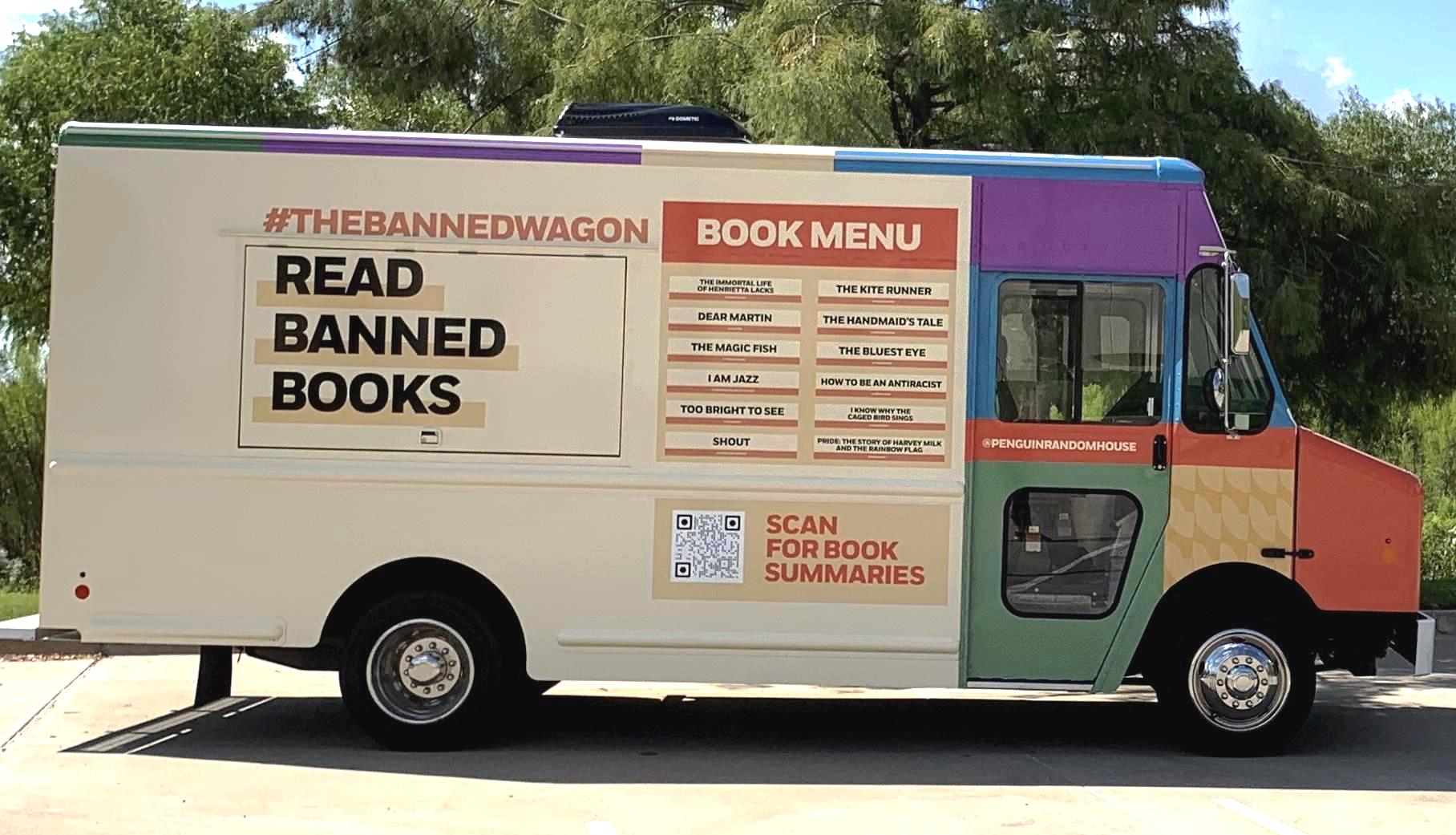 In partnership with the Freedom to Read Foundation, PEN America, and the Little Free Library, Penguin Random House is launching the Banned Wagon Tour, which during Banned Books Week will travel across the South, stopping in communities affected by censorship, celebrating the power of literature, and getting books to the people who need and want them most. PRH called the Banned Wagon part of its "ongoing efforts to combat book banning and censorship, which includes legal actions, tailored support for various stakeholders, and advocacy for First Amendment rights."
In partnership with the Freedom to Read Foundation, PEN America, and the Little Free Library, Penguin Random House is launching the Banned Wagon Tour, which during Banned Books Week will travel across the South, stopping in communities affected by censorship, celebrating the power of literature, and getting books to the people who need and want them most. PRH called the Banned Wagon part of its "ongoing efforts to combat book banning and censorship, which includes legal actions, tailored support for various stakeholders, and advocacy for First Amendment rights."
The Banned Wagon will feature a selection of 12 books that are currently being banned and challenged across the country, distributing free copies (while supplies last) to event attendees in each city. The Banned Wagon will also drop banned books in Little Free Libraries along the tour route and make a book donation after each Banned Wagon event. The Banned Wagon will include material from the Freedom to Read Foundation about how to write letters to school boards and elected officials, as well as regional spotlights from PEN America highlighting books and challenges being banned in specific states.
The Banned Wagon will hold events in Atlanta, Ga. (a signing and q&a at Charis Books & More, Decatur, with author Nic Stone); Nashville, Tenn. (stopping at the Bookshop); New Orleans, La., (at Baldwin & Co., which has created the (Un)Banned Book Festival, with music, refreshments from Willa Jean, book signings, and panel discussions with authors including Jumata Emill and Ani DiFranco); and Houston, Tex. (with a stop at Kindred Stories). At each partnering bookstore, bookmarks and tote bags from Out of Print will be available.
The Banned Wagon's dozen books are I Know Why the Caged Bird Sings by Maya Angelou, The Handmaid's Tale by Margaret Atwood, Shout by Laurie Halse Anderson, I Am Jazz by Jessica Herthel and Jazz Jennings, The Kite Runner by Khaled Hosseini, How to Be an Antiracist by Ibram X. Kendi, The Magic Fish by Trung Le Nguyen, Too Bright to See by Kyle Lukoff, The Bluest Eye by Toni Morrison, Pride: The Story of Harvey Milk and the Rainbow Flag by Rob Sanders, The Immortal Life of Henrietta Lacks by Rebecca Skloot, and Dear Martin by Nic Stone.
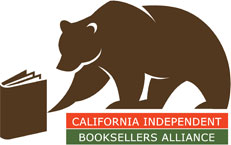 During the California Independent Booksellers Alliance annual meeting in South San Francisco, Calif., Wednesday night, CALIBA board president Melinda Powers reported that the association is finally returning to some of the transition goals it set before the pandemic.
During the California Independent Booksellers Alliance annual meeting in South San Francisco, Calif., Wednesday night, CALIBA board president Melinda Powers reported that the association is finally returning to some of the transition goals it set before the pandemic. 










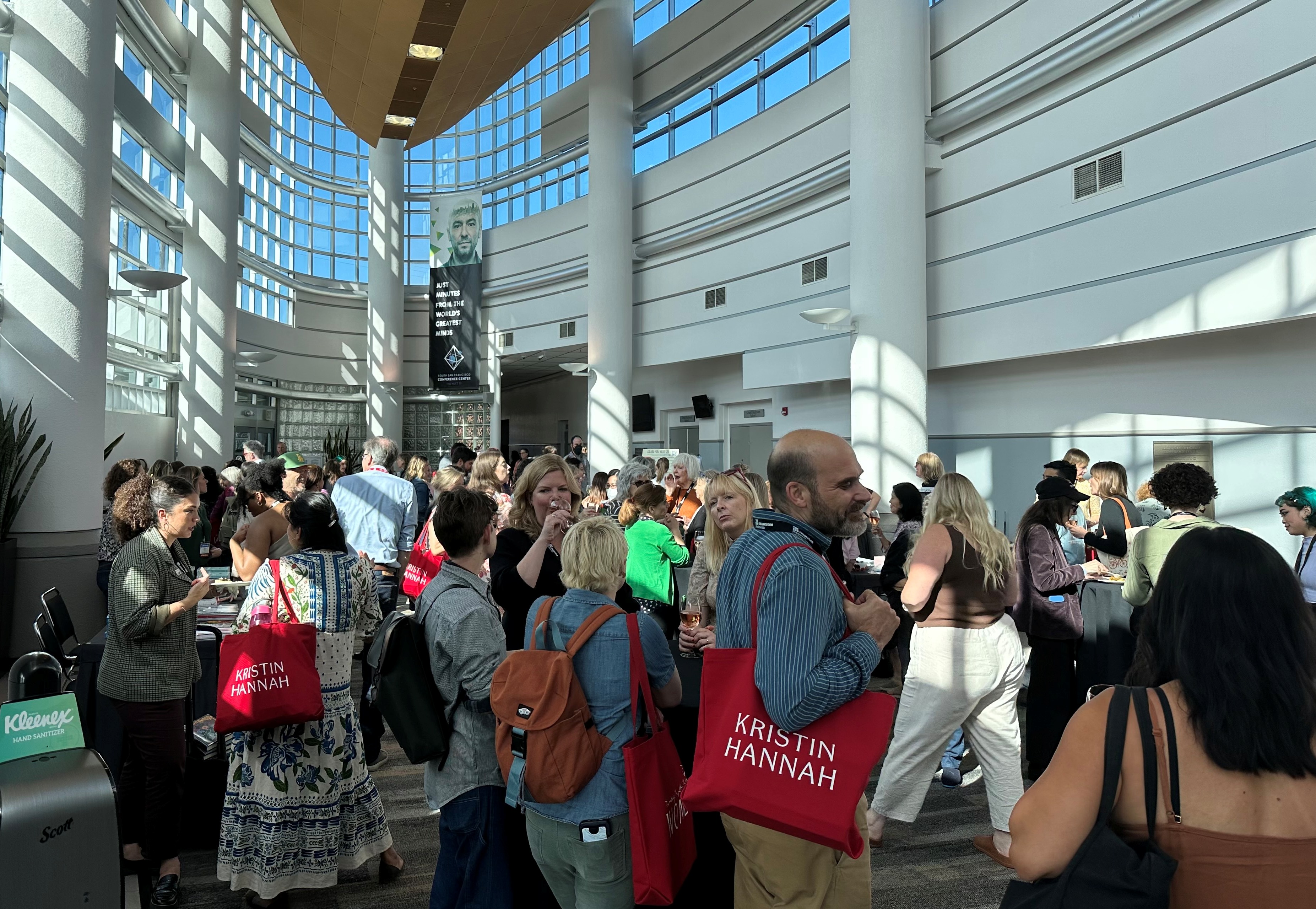 Booksellers mingled prior to the exhibit hall opening.
Booksellers mingled prior to the exhibit hall opening.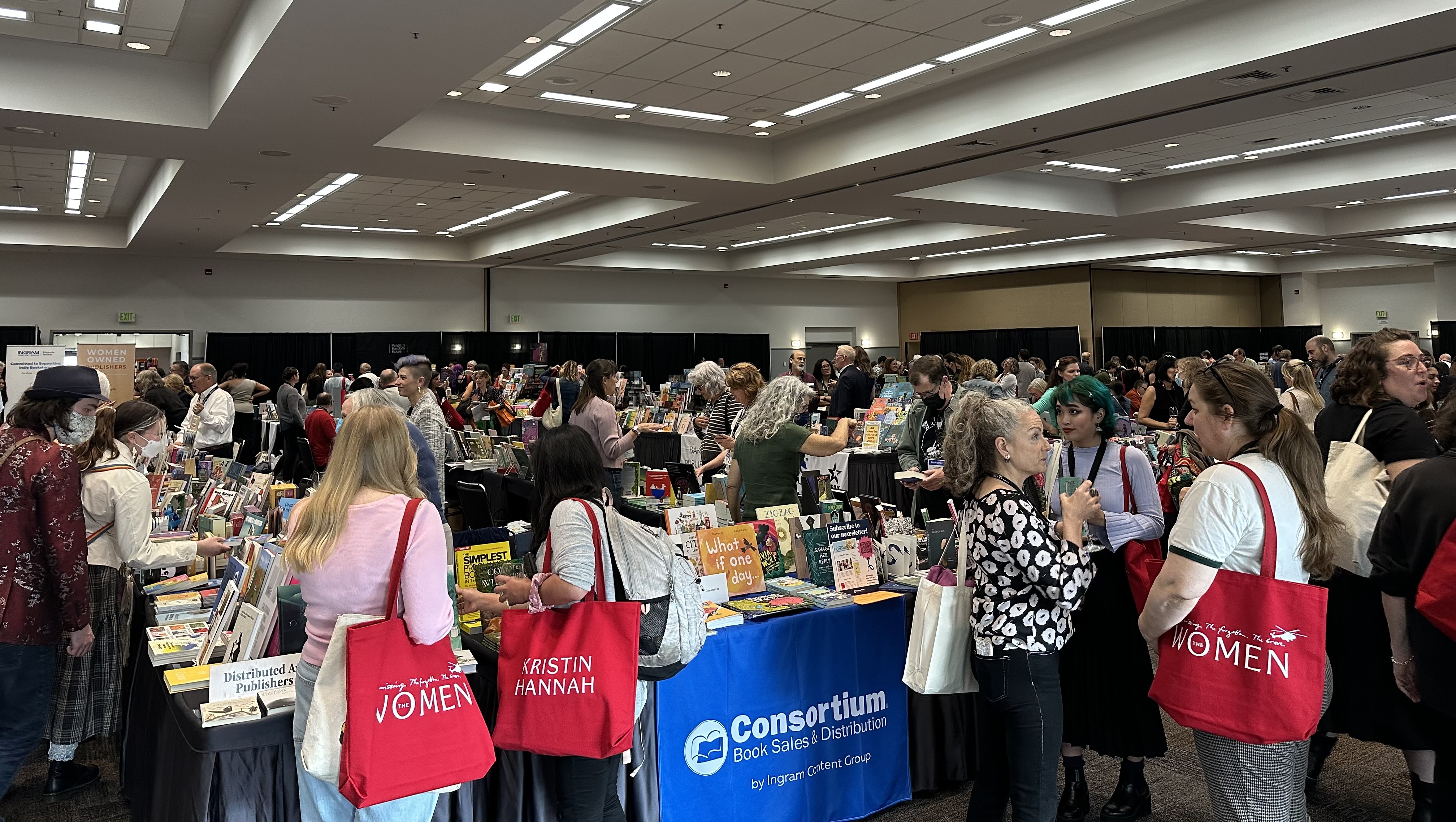 The busy exhibition floor.
The busy exhibition floor.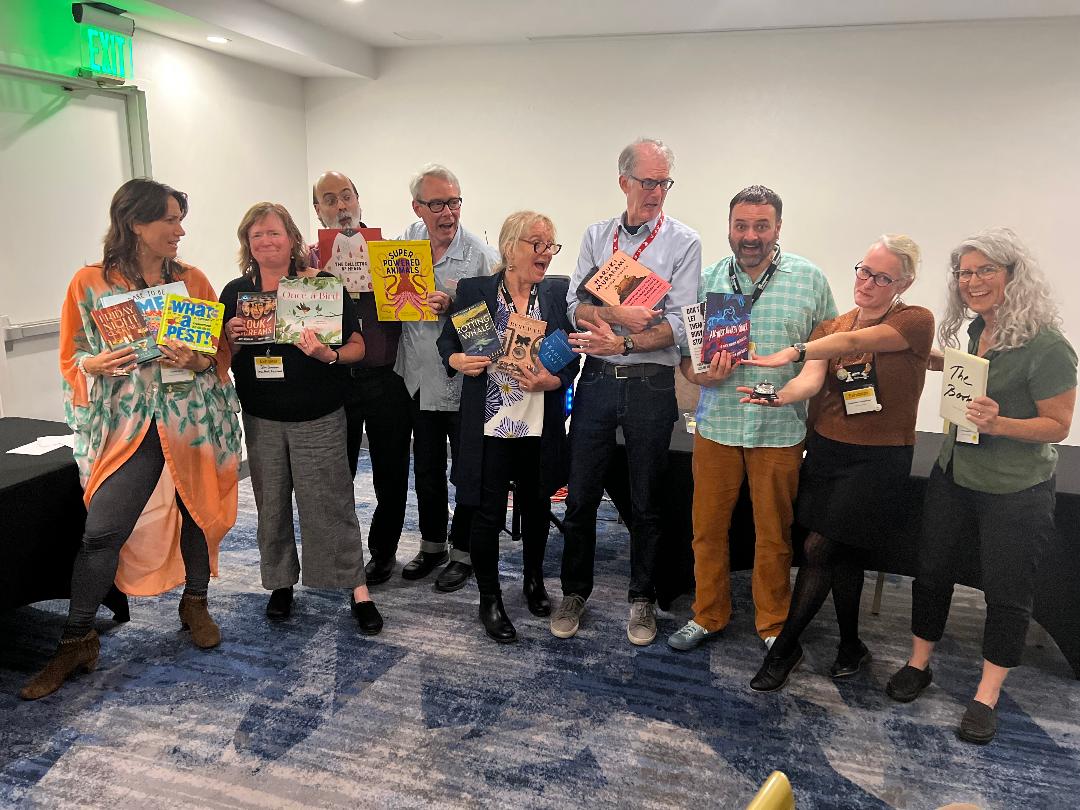 The aftermath of Wednesday night's rep picks bingo and pizza party: (l.-r.) Angela Engel (Collective Book Studio); Jen Cameron (Orca Books); Kevin Peters (Book Travelers West); Richard McNeace (Faherty & Associates); Vicki DeArmon (Sibylline Press); Ty Wilson (Ingram); Travis Hale (IPG); Kristianne Huntsberger (Shelf Awareness); and Lise Solomon (Consortium).
The aftermath of Wednesday night's rep picks bingo and pizza party: (l.-r.) Angela Engel (Collective Book Studio); Jen Cameron (Orca Books); Kevin Peters (Book Travelers West); Richard McNeace (Faherty & Associates); Vicki DeArmon (Sibylline Press); Ty Wilson (Ingram); Travis Hale (IPG); Kristianne Huntsberger (Shelf Awareness); and Lise Solomon (Consortium).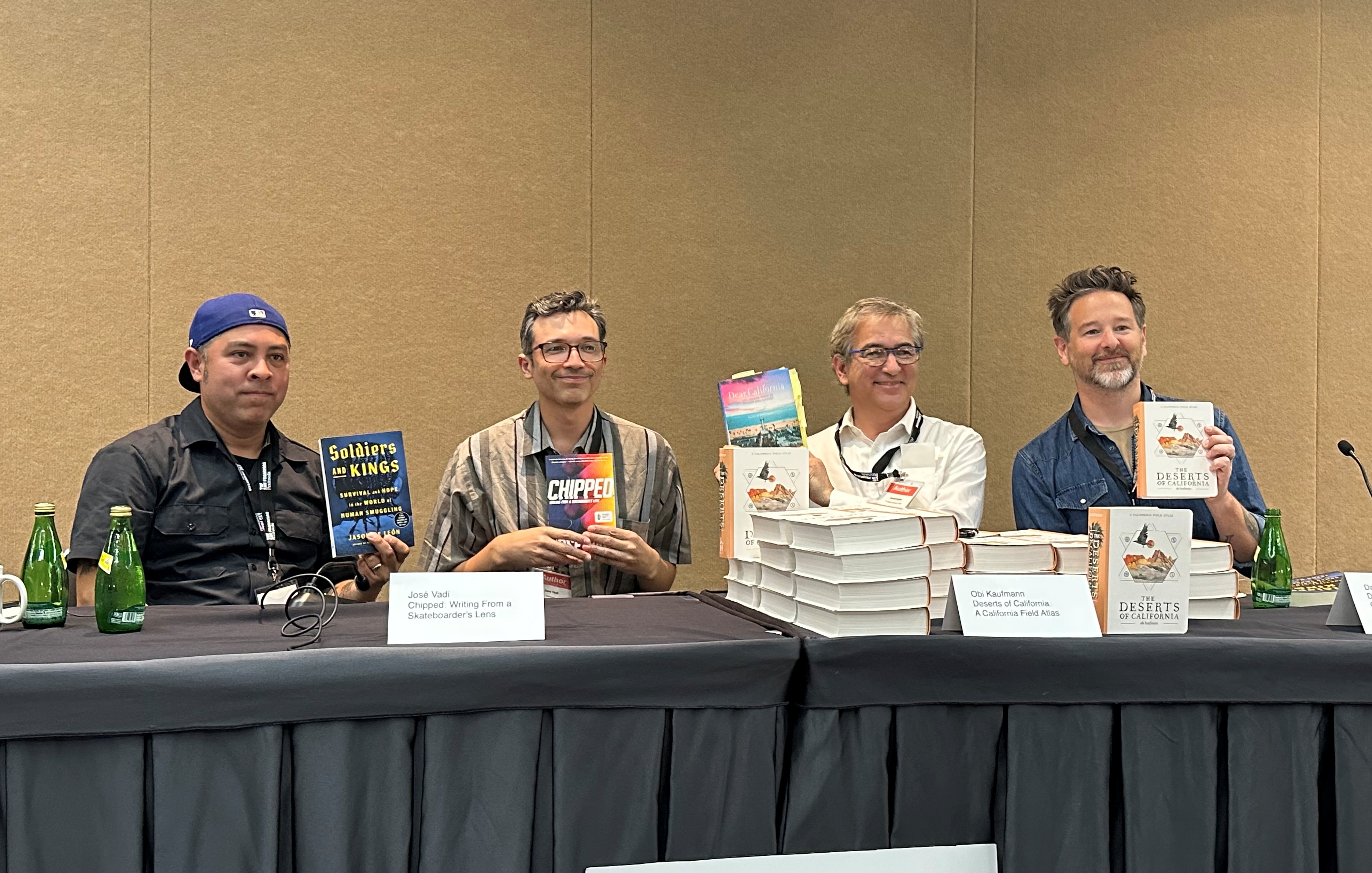 Authors Jason de León (Soldiers and Kings: Survival and Hope in the World of Human Smuggling), José Valdi (Chipped: Writing from a Skateboarder’s Lens), and David Kipen (Dear California: The Golden State in Diaries and Letters) discussed their forthcoming books Thursday afternoon. Stephen Sparks, co-owner of Point Reyes Books in Point Reyes Station, moderated the discussion.
Authors Jason de León (Soldiers and Kings: Survival and Hope in the World of Human Smuggling), José Valdi (Chipped: Writing from a Skateboarder’s Lens), and David Kipen (Dear California: The Golden State in Diaries and Letters) discussed their forthcoming books Thursday afternoon. Stephen Sparks, co-owner of Point Reyes Books in Point Reyes Station, moderated the discussion.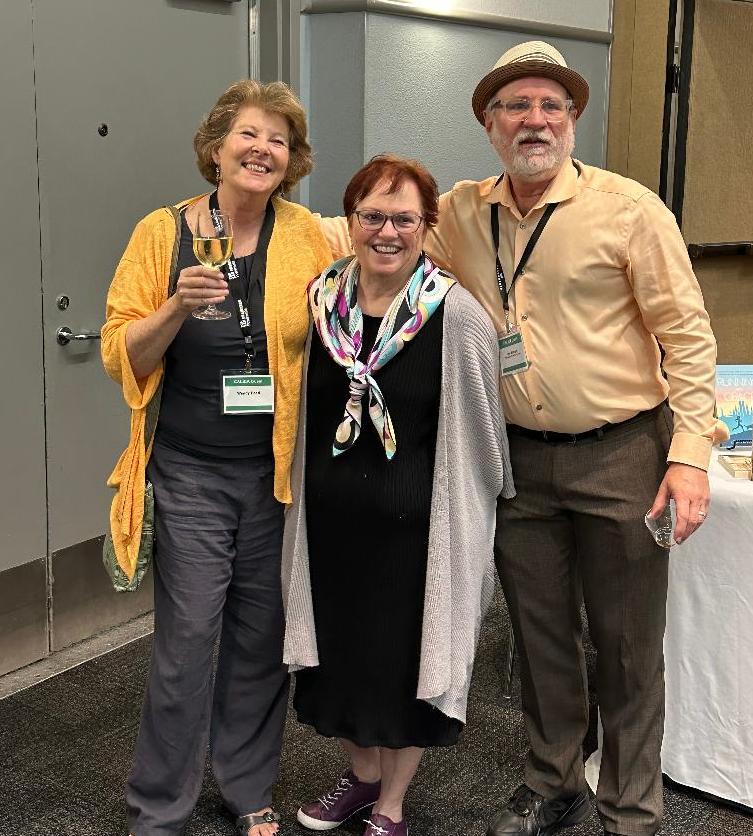 The 2023 Fall Fest concluded with a toast to retiring sales reps Wendy Pearl, Roz Hilden, and Tom McIntyre.
The 2023 Fall Fest concluded with a toast to retiring sales reps Wendy Pearl, Roz Hilden, and Tom McIntyre.
 Coinciding with Banned Books Week, which begins this Sunday, October 1, the New Republic will launch the
Coinciding with Banned Books Week, which begins this Sunday, October 1, the New Republic will launch the  The American Booksellers Association is offering the
The American Booksellers Association is offering the  As part of Banned Books Week, the Society of Children's Book Writers and Illustrators is hosting a digital workshop called "
As part of Banned Books Week, the Society of Children's Book Writers and Illustrators is hosting a digital workshop called " At noon this Sunday, October 1, the FREADOM Coalition is inviting the Miami, Fla., community to join in a
At noon this Sunday, October 1, the FREADOM Coalition is inviting the Miami, Fla., community to join in a  In partnership with the Freedom to Read Foundation, PEN America, and the Little Free Library, Penguin Random House is launching the
In partnership with the Freedom to Read Foundation, PEN America, and the Little Free Library, Penguin Random House is launching the 
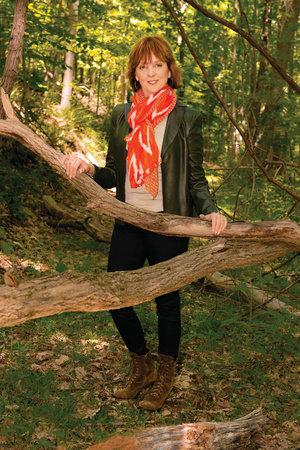
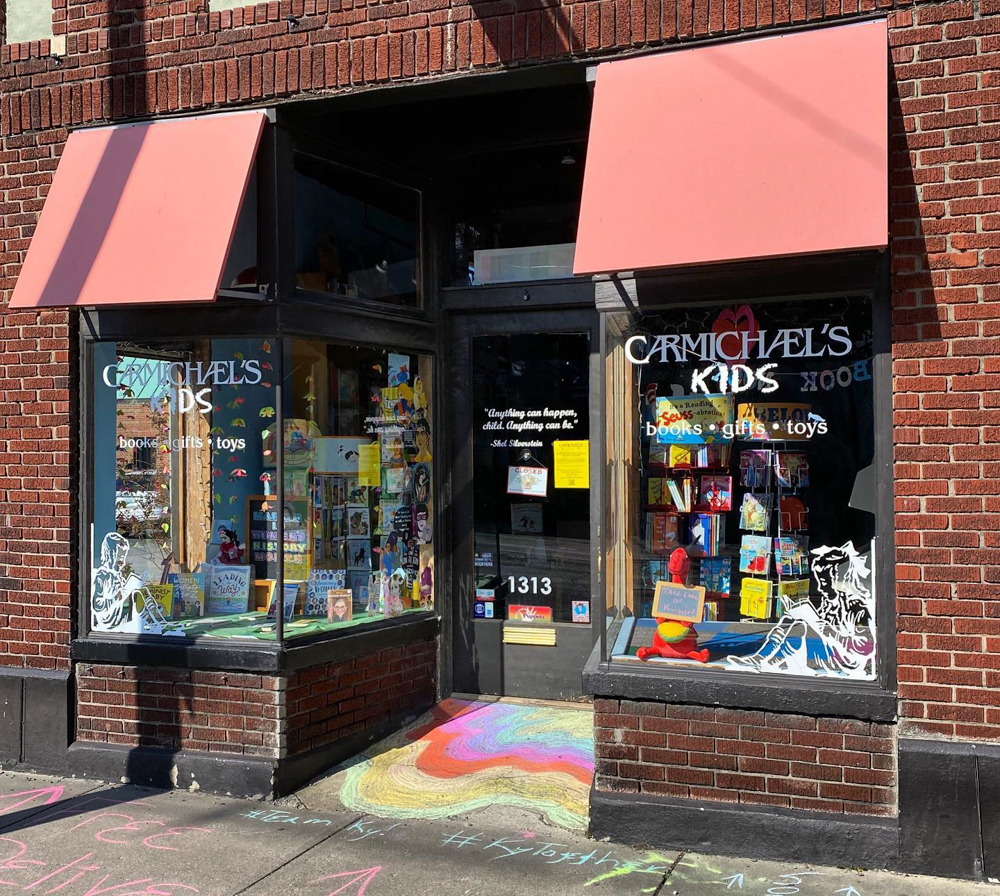
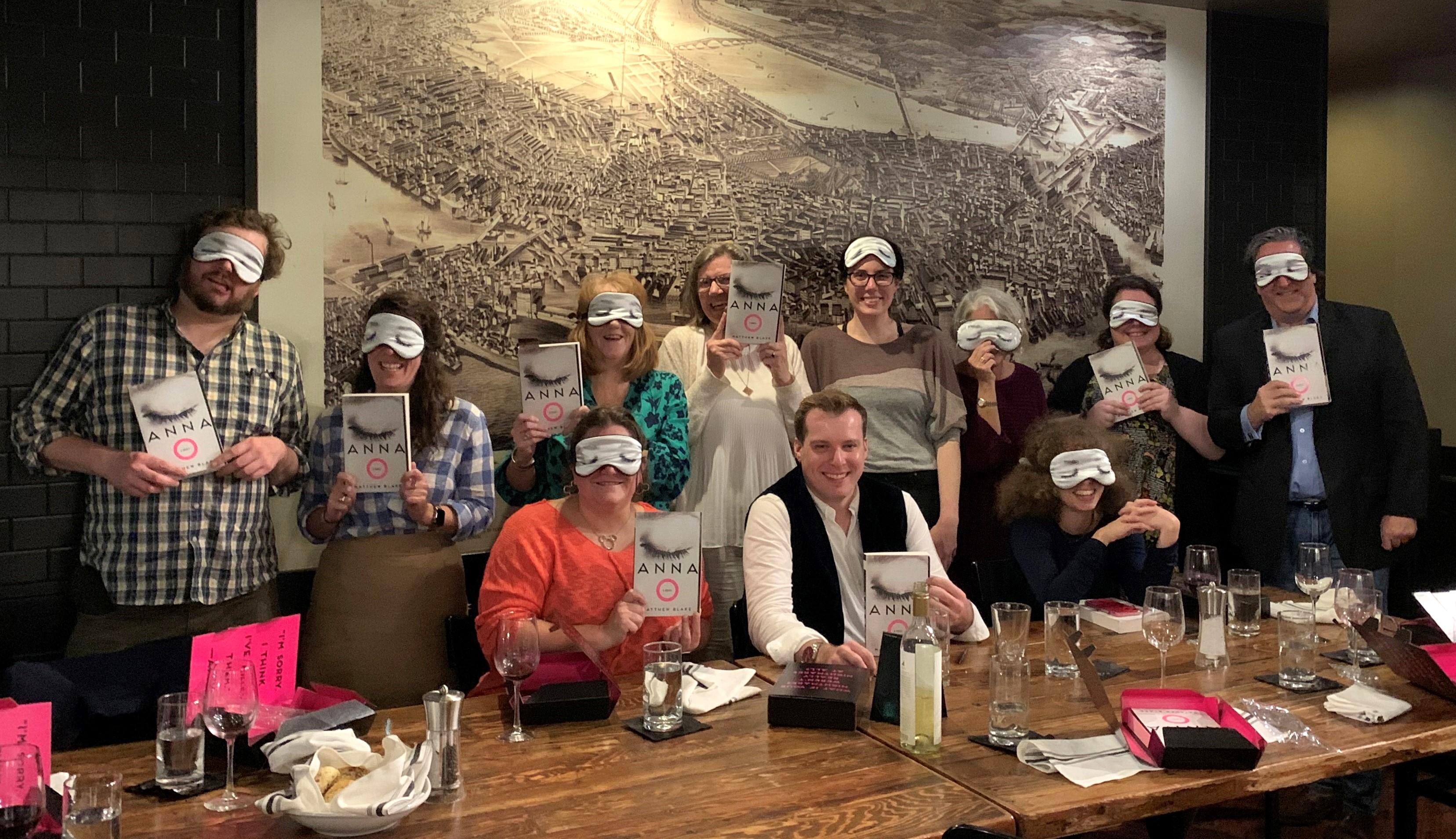 Matthew Blake and a group of Boston-area booksellers celebrated his debut thriller, Anna O, coming from Harper in January 2024. Pictured: (l.-r., standing) Geoff Raywood, Trident Booksellers and Café, Boston; Lauren Tiedemann, Book Ends, Winchester; Mary Dolan, Belmont Books, Belmont; Lorna Ruby, Wellesley Books, Wellesley; Jessica MacDonald, Boston Public Library; Katie McGarry, HarperCollins; Hope Genty, Boston Public Library; Nick Petrulakis, Drinks with Nick, and Newtonville Books, Newtonville; (seated) Jillian Hartline, Book Ends, Winchester; author Matthew Blake; Summer Porter, Harvard Book Store, Cambridge. (photo: Anne DeCourcey, HarperCollins).
Matthew Blake and a group of Boston-area booksellers celebrated his debut thriller, Anna O, coming from Harper in January 2024. Pictured: (l.-r., standing) Geoff Raywood, Trident Booksellers and Café, Boston; Lauren Tiedemann, Book Ends, Winchester; Mary Dolan, Belmont Books, Belmont; Lorna Ruby, Wellesley Books, Wellesley; Jessica MacDonald, Boston Public Library; Katie McGarry, HarperCollins; Hope Genty, Boston Public Library; Nick Petrulakis, Drinks with Nick, and Newtonville Books, Newtonville; (seated) Jillian Hartline, Book Ends, Winchester; author Matthew Blake; Summer Porter, Harvard Book Store, Cambridge. (photo: Anne DeCourcey, HarperCollins).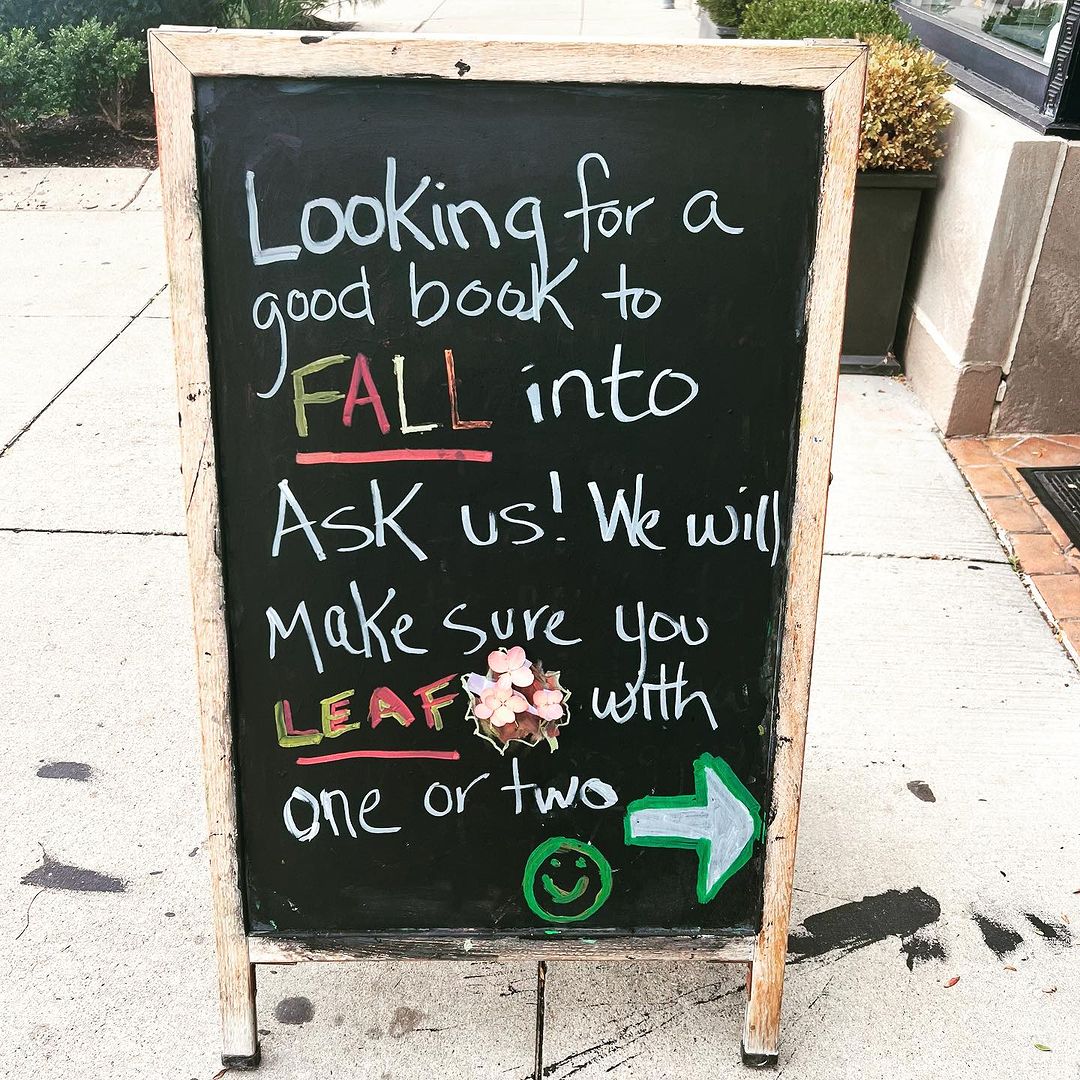 "
"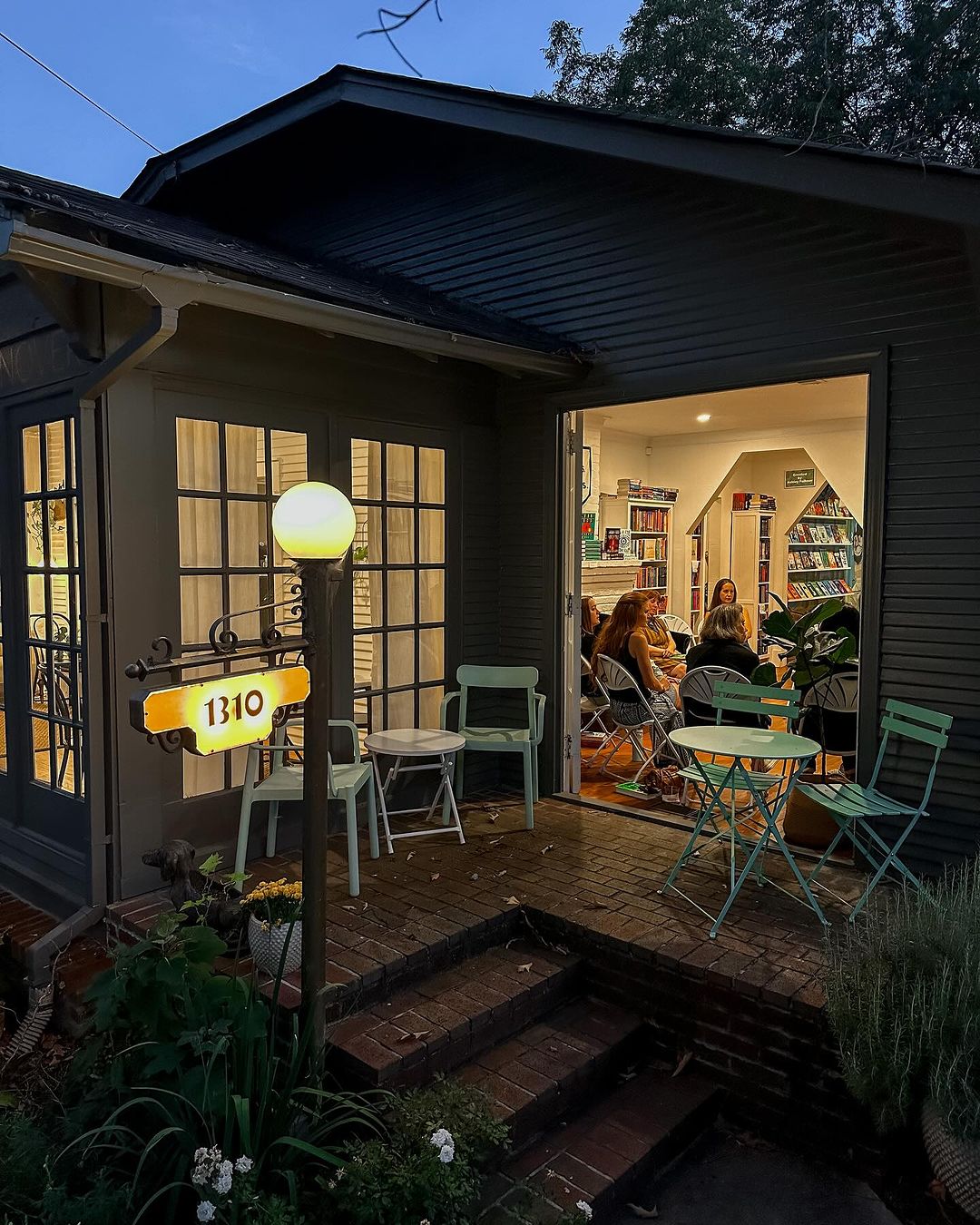 "
" Take the Lead: Hanging On, Letting Go, and Conquering Life's Hardest Climbs
Take the Lead: Hanging On, Letting Go, and Conquering Life's Hardest Climbs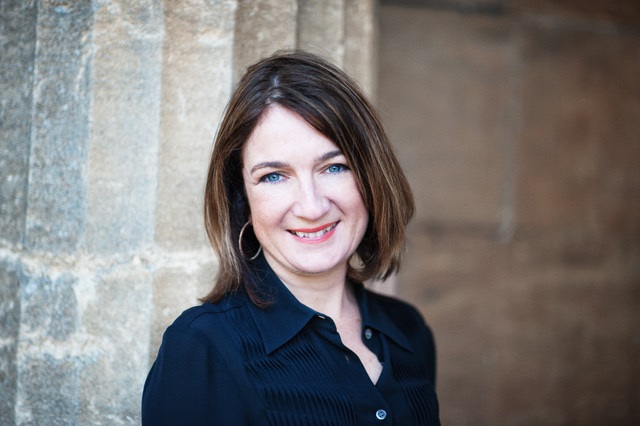
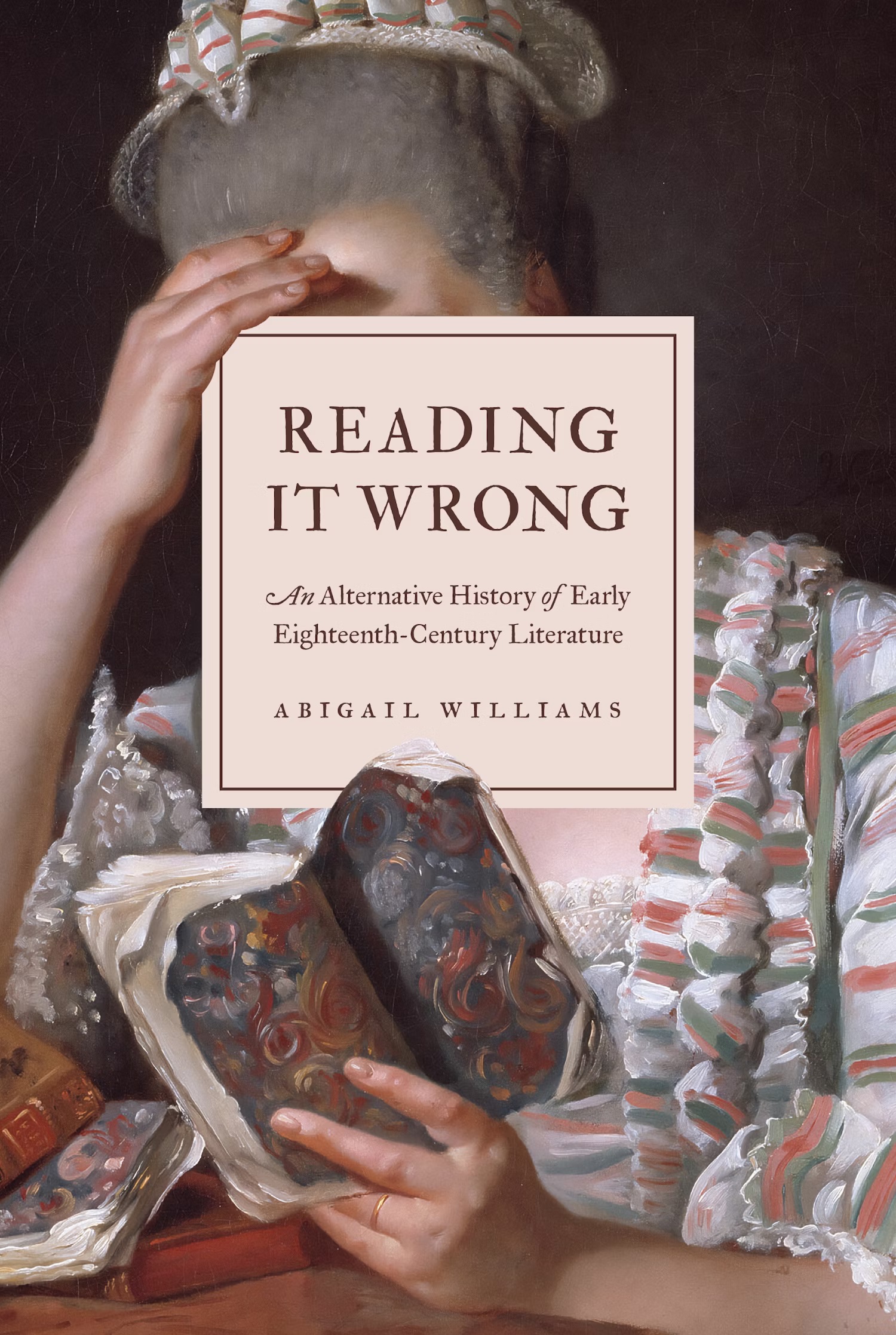 Book you've faked reading:
Book you've faked reading: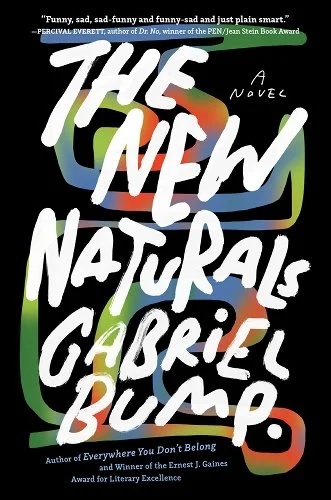 In The New Naturals,
In The New Naturals, 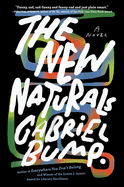
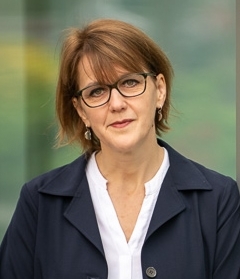
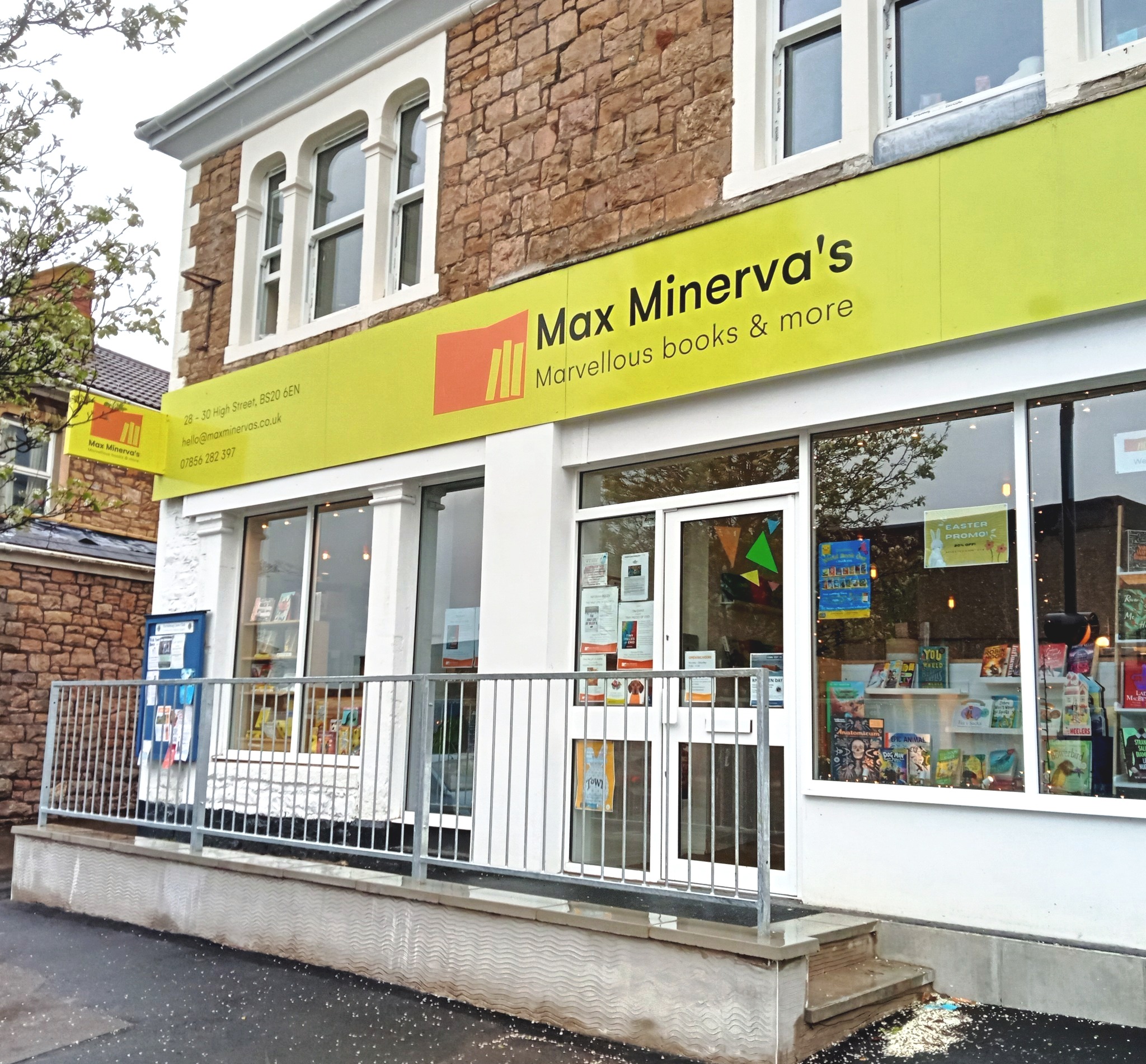 After the excitement and community of a trade show, however, it's always back to the bookshop. In a Bookseller piece headlined "My top five bookselling mistakes," British bookseller Sam Taylor, who co-founded
After the excitement and community of a trade show, however, it's always back to the bookshop. In a Bookseller piece headlined "My top five bookselling mistakes," British bookseller Sam Taylor, who co-founded 